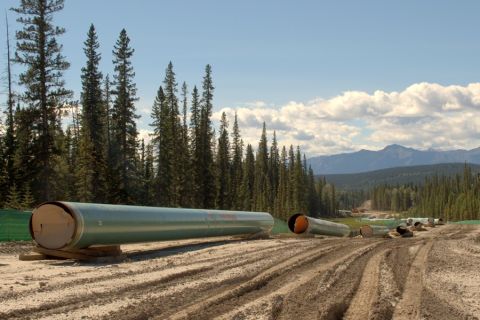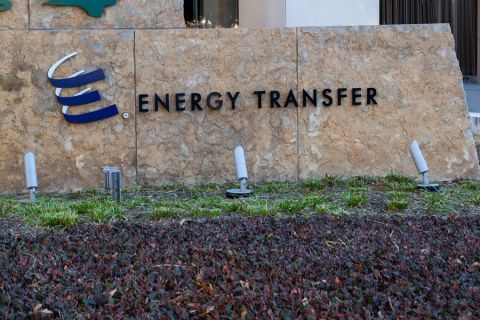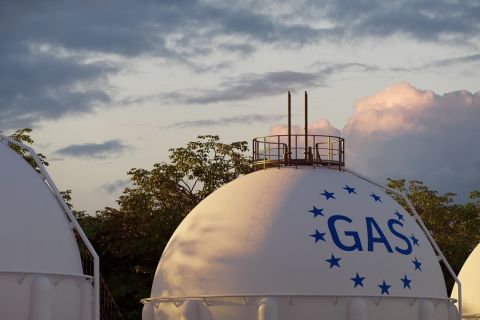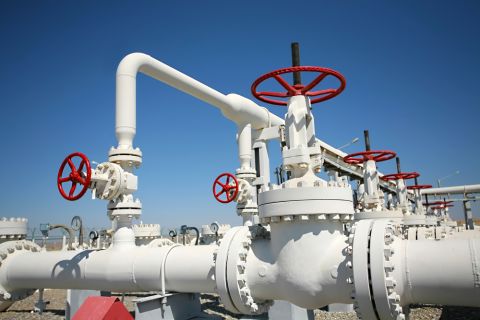Freeport LNG on Dec. 2 again delayed the restart of the second-biggest U.S. LNG export facility, moving its forecast for resuming processing to year's end, pending regulatory approval.
Energy consultants said an explosion at the Texas plant resulted in inadequate operating and testing procedures, error and fatigue.
Last month, the closely-held company said it was on track to restart the plant in mid December and would get most of its 15 million tonnes per annum production back by January with a return to full service in March.
"Based upon current progress, and subject to us continuing to meet necessary regulatory requirements, we now anticipate that the restart of our liquefaction facility to be achieved around year end," Freeport LNG spokesperson Heather Browne told Reuters in an email.
A delayed restart of the plant would leave less fuel for European countries seeking to replace Russian gas. Russia has slashed exports to European Union buyers in response to sanctions placed on Moscow for its invasion of Ukraine.
Any restart must be approved by U.S. safety regulator Pipeline and Hazardous Materials Safety Administration (PHMSA), which has not yet signed off on a complete repair plan.
Freeport LNG's official Remedial Work Plan remains a "work in progress" and the company has not yet made a request to resume normal operations, PHMSA said. The regulator could not estimate how long an evaluation of the request would take.
Analysts have said it could take until January or February for PHMSA to review and approve any restart request and for Freeport to complete the needed work.
Alex Munton, a director at energy consultancy Rapidan Energy Group, has said a resumption of gas processing at Freeport would likely not happen until the first quarter of next year "with longer delays possible."
The company has missed its target several times. In June, it predicted an October restart, followed by November, followed by mid-December and now late December.
The shutdown has forced big customers including JERA and Osaka Gas to book hundreds of millions of dollars of losses because they had to buy expensive LNG elsewhere to supply their customers.
Other Freeport LNG customers include BP, TotalEnergies and SK E&S.
Recommended Reading
For Sale? Trans Mountain Pipeline Tentatively on the Market
2024-04-22 - Politics and tariffs may delay ownership transfer of the Trans Mountain Pipeline, which the Canadian government spent CA$34 billion to build.
Energy Transfer Announces Cash Distribution on Series I Units
2024-04-22 - Energy Transfer’s distribution will be payable May 15 to Series I unitholders of record by May 1.
Balticconnector Gas Pipeline Back in Operation After Damage
2024-04-22 - The Balticconnector subsea gas link between Estonia and Finland was severely damaged in October, hurting energy security and raising alarm bells in the wider region.
Wayangankar: Golden Era for US Natural Gas Storage – Version 2.0
2024-04-19 - While the current resurgence in gas storage is reminiscent of the 2000s —an era that saw ~400 Bcf of storage capacity additions — the market drivers providing the tailwinds today are drastically different from that cycle.
Ozark Gas Transmission’s Pipeline Supply Access Project in Service
2024-04-18 - Black Bear Transmission’s subsidiary Ozark Gas Transmission placed its supply access project in service on April 8, providing increased gas supply reliability for Ozark shippers.




